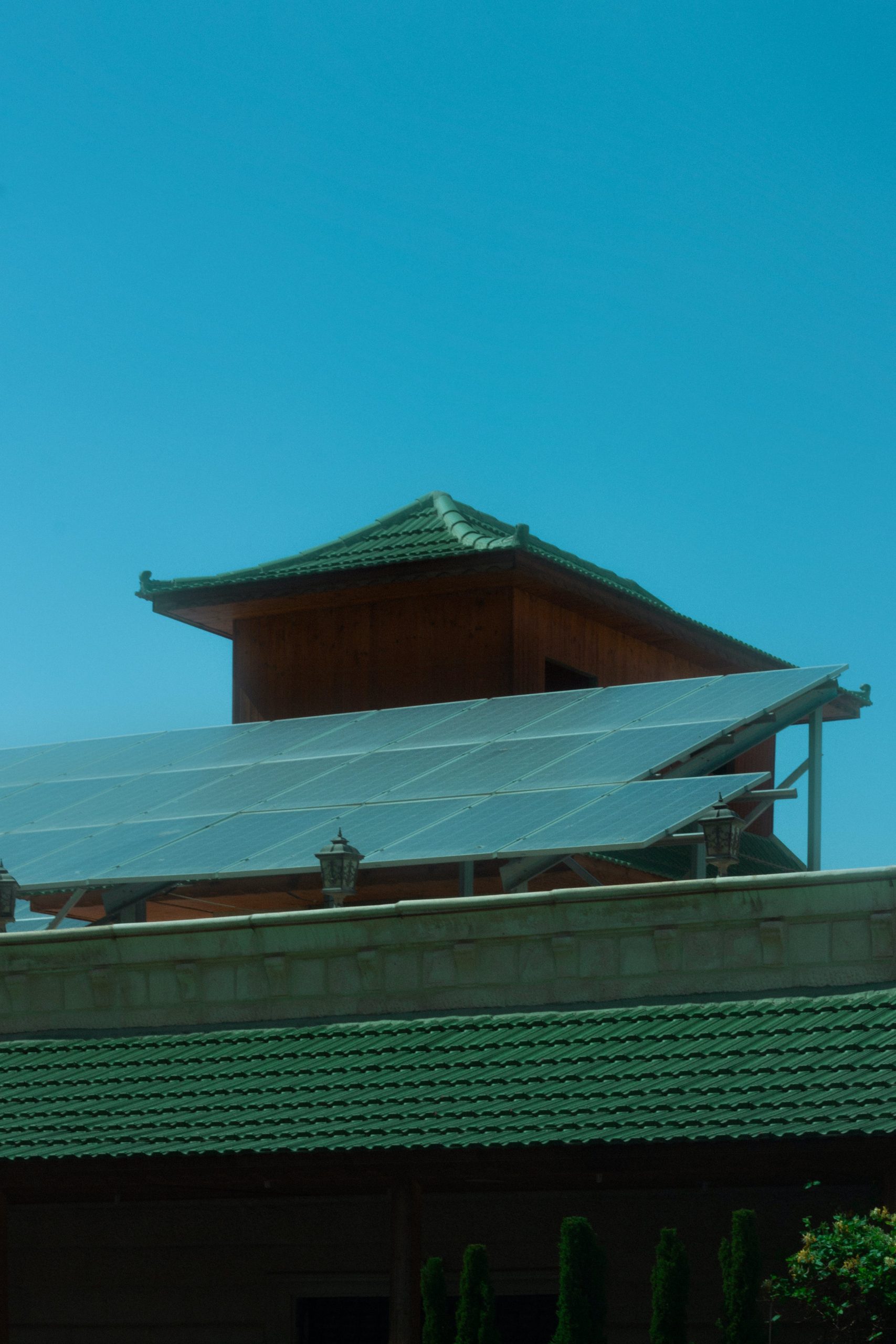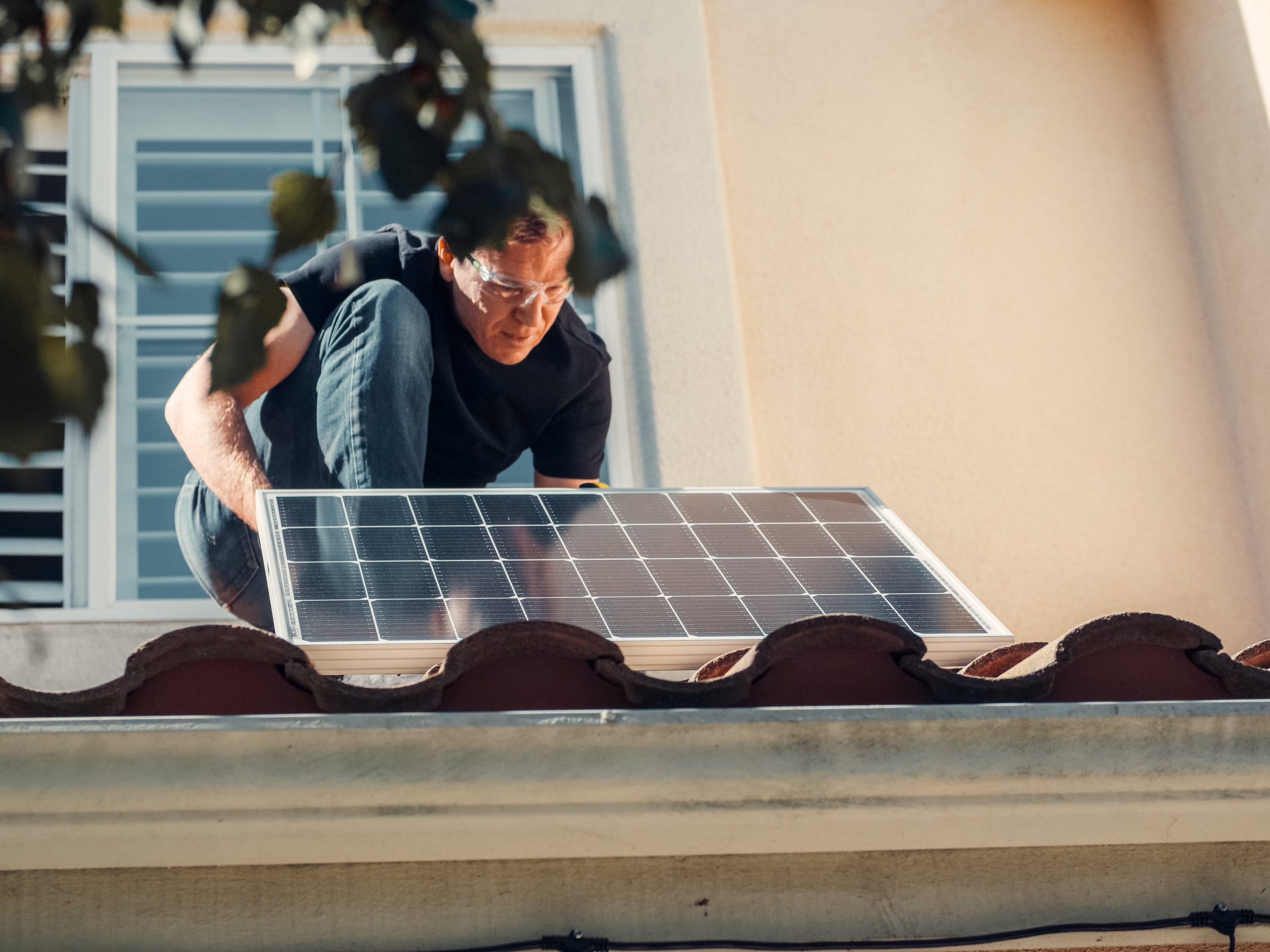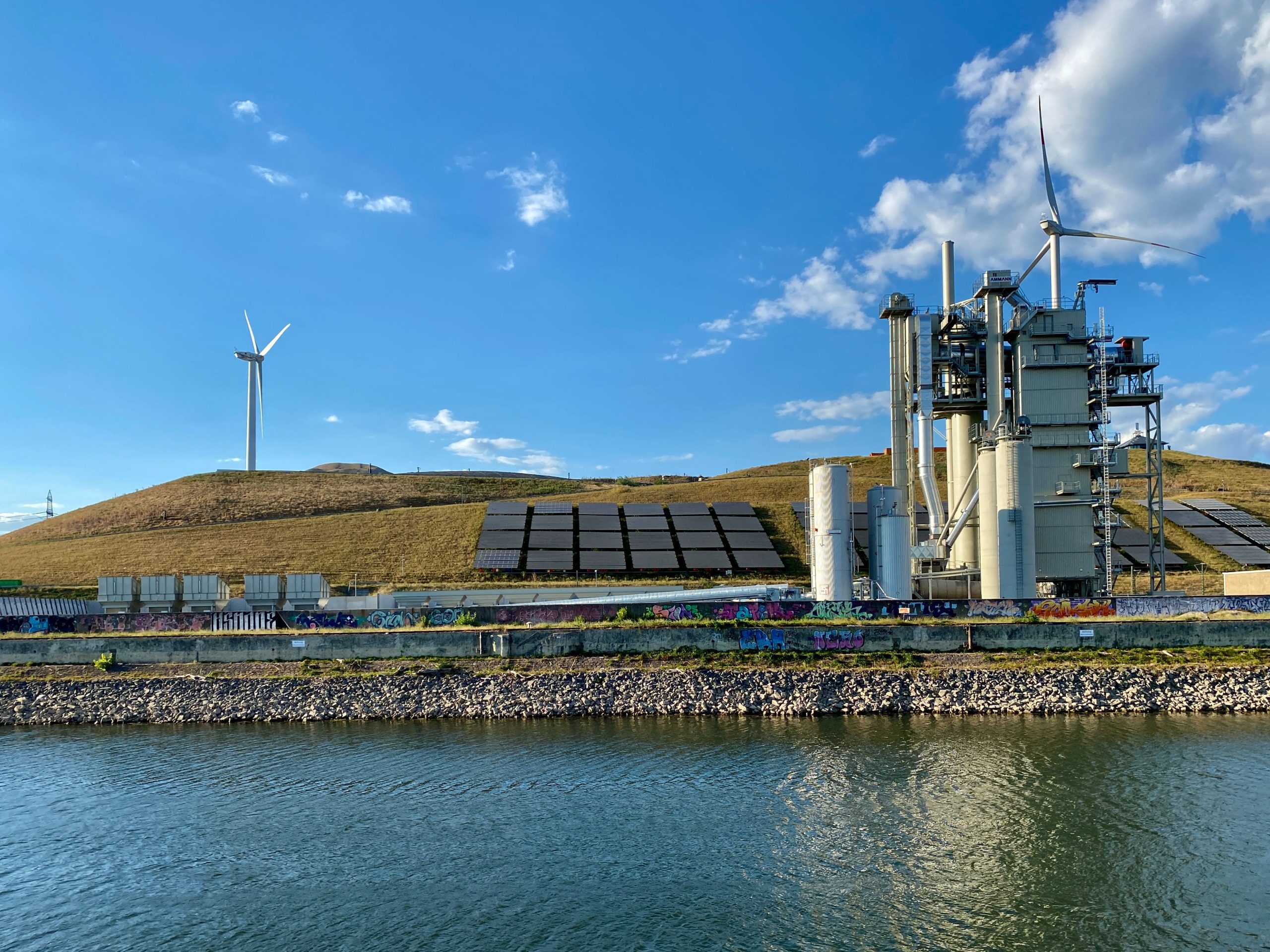What is the Average Cost of a Single Solar Panel?
Solar energy is rapidly gaining popularity as a sustainable and costeffective alternative to traditional energy sources. As individuals and businesses explore the possibility of harnessing the power of the sun one common question arises: What is the average cost of a single solar panel?
- Introduction
Definition of Solar Panels
Solar panels also known as photovoltaic PV panels are devices that convert sunlight into electricity. These panels consist of solar cells that absorb sunlight and generate direct current DC electricity.
Growing Popularity of Solar Energy
With the increasing focus on environmental sustainability and the desire for energy independence solar energy has become a popular choice for individuals and businesses alike. The demand for solar panels has led to advancements in technology and a subsequent decrease in overall costs.
- Factors Influencing Solar Panel Costs
Type and Quality of Solar Panels
The type and quality of solar panels significantly impact their cost. There are three main types of solar panels: monocrystalline polycrystalline and thinfilm. Each type varies in efficiency durability and cost.
Installation Costs
Beyond the cost of the panels themselves installation expenses play a crucial role. Labor costs equipment and materials as well as the condition of the roof contribute to the overall installation costs.
Government Incentives
Various governments offer incentives to promote the adoption of solar energy. Federal tax credits state and local incentives as well as rebates and grants can substantially reduce the overall cost of installing solar panels.
III. Average Cost of a Single Solar Panel
Cost Per Watt
One common metric for evaluating the cost of solar panels is the cost per watt. This metric helps consumers compare the relative costeffectiveness of different solar panels.
Average Cost Range
The average cost of a single solar panel can vary based on factors such as location and the type of panel chosen. Understanding the average cost range provides consumers with realistic expectations.
Variances Based on Location
Geographical location plays a significant role in the cost of solar panels. Factors like sunlight intensity local regulations and climate conditions can affect the overall cost.
- Types of Solar Panels
Monocrystalline
Monocrystalline solar panels are known for their high efficiency and sleek design. Although they tend to be more expensive their superior performance often justifies the higher cost.
Polycrystalline
Polycrystalline panels are costeffective and offer good efficiency. They are a popular choice for those seeking a balance between performance and affordability.
ThinFilm
Thinfilm solar panels are lightweight and flexible making them suitable for unconventional installations. However their efficiency is generally lower compared to crystalline panels.
- Quality and Efficiency
Impact on Cost
Investing in higherquality more efficient solar panels may incur a higher upfront cost but often leads to greater longterm savings.
LongTerm Benefits
Quality and efficiency contribute to the longterm benefits of solar panels including increased energy production and a shorter payback period.
- Installation Costs
Labor Costs
The labor costs associated with solar panel installation depend on factors such as project complexity and local labor rates.
Equipment and Materials
Quality equipment and materials including inverters and mounting systems contribute to the overall cost of installation.
Roof Type and Condition
The type and condition of the roof can affect installation costs. For example a complex roof design may require additional labor and materials.
VII. Government Incentives
Federal Tax Credits
The federal government offers tax credits to incentivize the adoption of solar energy providing a significant reduction in the overall cost of solar panel installation.
State and Local Incentives
Many states and local governments offer additional incentives such as grants and rebates further encouraging the transition to solar energy.
Rebates and Grants
Various programs provide rebates and grants to individuals and businesses committed to sustainable energy practices making solar panels more accessible.
VIII. Return on Investment
Calculating ROI for Solar Panels
Understanding the return on investment ROI is essential for evaluating the financial benefits of solar panel installation.
LongTerm Savings
While the initial investment may seem substantial the longterm savings on energy bills and potential income from selling excess energy back to the grid contribute to a positive ROI.
- Environmental Impact
Reduction of Carbon Footprint
Solar panels contribute to a significant reduction in carbon emissions aligning with global efforts to combat climate change.
Sustainable Energy Solutions
Choosing solar energy promotes sustainability and reduces reliance on nonrenewable energy sources contributing to a cleaner and greener future.
- Purchasing Considerations
Research and Compare Quotes
Prospective solar panel buyers should conduct thorough research and compare quotes from multiple providers to ensure a fair deal.
Warranty and AfterSales Service
Consideration of warranty terms and aftersales service is crucial to address any potential issues that may arise after installation.
Reputation of Manufacturers and Installers
Choosing reputable manufacturers and installers ensures the reliability and quality of the solar panels and installation process.
- DIY vs. Professional Installation
Pros and Cons
While some may opt for a doityourself DIY approach to save costs professional installation offers expertise and compliance with safety standards.
Safety Considerations
Professional installers adhere to safety protocols minimizing the risks associated with installing solar panels.
XII. Maintenance and Upkeep
Cleaning and Inspection
Regular cleaning and inspection of solar panels are necessary to maintain optimal efficiency and identify potential issues early on.
Troubleshooting Common Issues
Understanding and addressing common issues such as shading and dirt accumulation ensures the consistent performance of solar panels.
XIII. Future Trends in Solar Technology
Advancements in Solar Panel Efficiency
Ongoing advancements in solar technology are likely to result in even more efficient and affordable solar panels in the future.
Integration with Smart Home Technology
The integration of solar panels with smart home technology offers enhanced control and monitoring capabilities further improving energy efficiency.
XIV. Testimonials and Success Stories
RealLife Experiences with Solar Panel Installations
Exploring testimonials and success stories provides insights into the reallife experiences of individuals and businesses that have embraced solar energy.
- Final Word
Recap of Key Points
Understanding the average cost of a single solar panel involves considering various factors including the type of panel installation costs and government incentives.
Encouragement to Explore Solar Options
As the world embraces sustainable energy solutions exploring solar options not only contributes to a cleaner environment but also provides longterm financial benefits.
Frequently Asked Questions FAQs
- Q: How much does the average solar panel cost per watt?
- A: The average cost per watt for solar panels varies but is generally in the range of $2 to $4.
- Q: Are government incentives available for solar panel installation?
- A: Yes both federal and state governments offer incentives such as tax credits rebates and grants.
- Q: What is the typical payback period for solar panel installation?
- A: The payback period varies but it typically ranges from 5 to 10 years depending on factors like energy consumption and local incentives.
- Q: Can I install solar panels on my own?
- A: While DIY installation is possible professional installation ensures safety and compliance with regulations.
- Q: How often do solar panels need maintenance?
- A: Regular cleaning and inspection are recommended usually at least once or twice a year to ensure optimal performance.

Source of Image: https://www.pexels.com/photo/solar-panels-on-pagoda-17854880/









